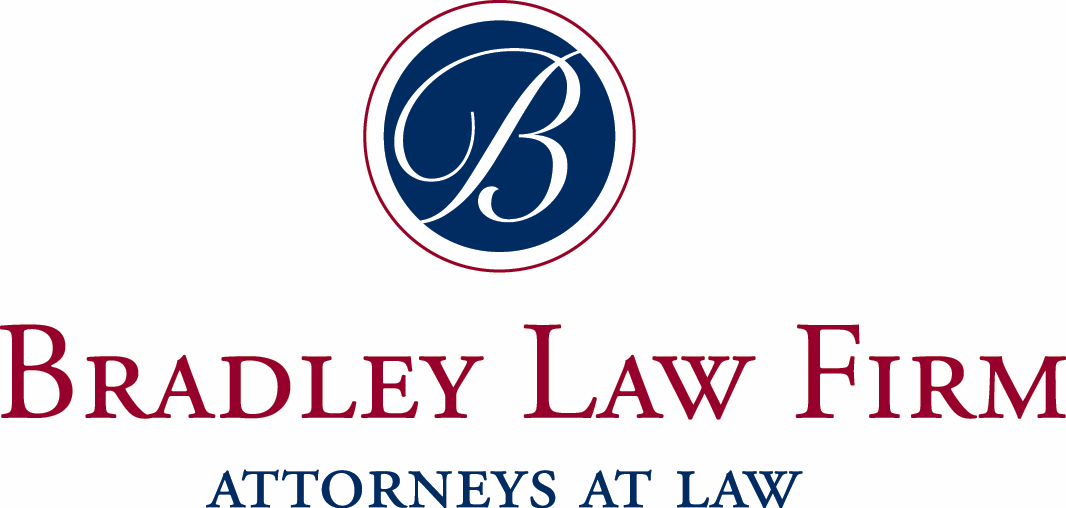Pittsburgh Estate Planning Lawyers
With exceptional service and skilled guidance, our estate planning lawyers help families across the wealth spectrum craft customized estate plans with confidence and ease.
Estate Planning Services
Everyone should have an estate plan in place, no matter their station or stage in life. Even the most amicable of families encounter stress and difficult decisions when a loved one passes away. Most of that stress can be prevented by adopting a well thought out estate plan.
Our Pittsburgh estate planning lawyers help people craft custom-tailored estate plans and implement strategies designed to minimize their loved ones' stress during their time of grief.
The essential elements of an estate plan are a Last Will & Testament, a Medical Directive, and a Financial Power of Attorney.
A Last Will & Testament expresses a person's wishes for payment of debts and distribution of property at death. In a will you can appoint a guardian to care for minor children or loved ones, or include a Testamentary Trust for their long-term care, wellbeing, or education. A will allows you to appoint a person or persons you trust to administer your estate and ensure the directives in your Will are carried out.
An Advance Medical Directive, otherwise known as a Living Will and Medical Power of Attorney, allows you to appoint a medical power of attorney to make important medical decisions for you in the event you become incapacitated, and provide guidance on what treatments you wish to receive in the event you cannot make the decision for yourself.
A Financial Power of Attorney can be broad or narrow in scope, and can be springing (become effective only if you become incapacitated) or durable (become effective immediately). It allows you to appoint an individual you trust as your Attorney-in-Fact, and grant them the ability to access your accounts or deal in real estate on your behalf in the event you become incapacitated.
An estate plan often includes other aspects as well, such as deeds and other property transfers which create joint ownership of real estate and personal property, lifetime gifting strategies, life insurance, investment account beneficiary designations, joint bank accounts, strategic business planning, entity formation, family partnerships, and trusts. Our Pittsburgh estate planning lawyers will help you determine what tools are right for you.
Trusts, when used in the right situation, can offer powerful benefits.
Trusts are used to avoid the probate process, by allowing for the distribution of assets to named beneficiaries without requiring court involvement. A trust can also be used to preserve generational wealth and control the use of family funds to prevent waste. With the right provisions, a trust can also play a vital role in tax planning and protecting assets from creditors.
Your trust should be carefully crafted to fit your individual situation and goals. Before executing a trust, it is important to speak with a knowledgeable estate planning lawyer to determine if a trust is the right estate planning tool for you. Let our Pittsburgh estate planning lawyers help you decide if you or your family should have a trust.
When should your estate plan be updated?
Your estate plan should be reviewed every year to make sure it still reflects your wishes. If it has been more than five (5) years since you drafted your will, trust, power of attorney, or medical directive, you should schedule an appointment with one of our Pittsburgh estate planning lawyers to ensure your plan still complies with the law and offers the same benefits you expect.
Need help remembering to update your plan?
Ask about our annual client maintenance plan which includes an annual check-in and review of your documents to recommend whether you need to amend your will, trust, power of attorney, or medical directive. Our Pittsburgh estate planning lawyers will stay on top of it so you don't have to!
Exceptional Service and Attention to Detail
Professional, Knowledgable, and Friendly Staff
Conveniently Located on
Route 19
Flexible Scheduling to Serve Busy Lifestyles
What is it like working with us?
If you work with a Pittsburgh estate planning lawyer at Bradley & Hammond to design your estate plan, you will receive not only solid and enforceable wills, trusts and powers of attorney, but also intangible benefits which set us apart from many other estate planning law firms:
- an accountability partner to help you put your plan in writing and keep it updated as your life evolves;
- knowledge about essential estate planning tools, including how and when they are used, to empower you to make important decisions about your assets and loved ones;
- tools to keep your important information and assets organized throughout your lifetime and accessible to your fiduciaries; and
- most importantly, help implementing your plan by providing assistance with updating beneficiary designation forms, preparing and recording deeds and preparing bills of sale for lifetime property transfers, trust funding, and more.

Getting started on your estate plan is easy!
Estate planning can be overwhelming and intimidating, but it doesn't have to be. Our Pittsburgh estate planning lawyers take an approach that simplifies and clarifies the process so you come away feeling empowered with knowledge and confident that you make smart choices to help your loved ones. Unlike many other estate planning firms, we will not hand you complex documents and leave you to sort out how to implement your plan on your own!
For your convenience, our Pittsburgh estate planning lawyers will help you design your estate plan online or with in-person guidance, whichever best suits your needs. Services are offered on a flat fee basis -- no guesswork and no billing surprises.

How our process works:
1.
Schedule an initial consultation online or by calling (412) 533-2620
2.
Meet with us to design your estate plan
3.
Review your plan and we will make any last minute changes
4.
Sign your estate planning documents
We'll keep in touch so you know when your plan should be updated!
Important News and Insights from our Pittsburgh Estate Planning Lawyers





Contact us any time
Contact Us
We will get back to you as soon as possible
Please try again later
Cleburne Office:
13 East Henderson Street, Cleburne, TX 76031
Midland Office:
3001 West Loop 250, Midland, TX 79705
DISCLAIMER: This content is publicly distributed by Bradley Law Firm for the general information of its readers and as advertising material. It is not designed to be, nor should it be considered or used as, the sole source of analyzing and resolving legal matters. Content on this website is not intended as legal advice and its use does not create an attorney-client relationship. Contacting us does not create an attorney-client relationship. The only way to form an attorney-client relationship with an attorney at our firm is by executing a formal, written engagement letter. If you have or may have a legal issue relating to any of the topics or matters discussed on this website, contact us to schedule a consultation.
All Rights Reserved | Bradley Law Firm
